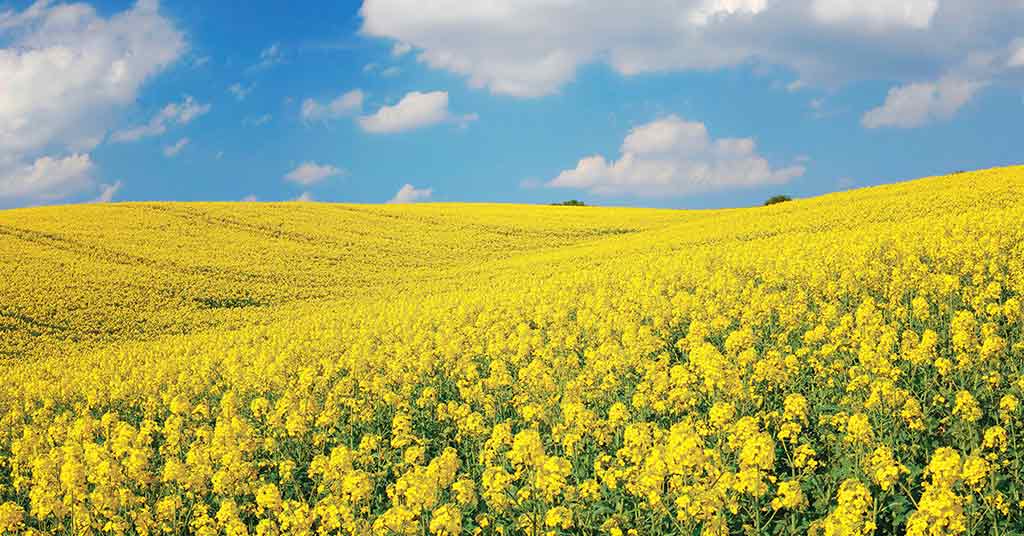Welcome To ChemAnalyst

China: A new Rapeseed variety has been developed to bring unused fields back into production during the winter months in eastern China. The goal is to cultivate Rapeseed on approximately 10.6 million acres of fields that remain uncultivated after the rice-growing season. The new variety boasts a shorter growing cycle, better cold tolerance, and earlier fertility, making it ideal for winter growth. With lower temperatures reducing the likelihood of pest and disease damage, Rapeseed expansion and production hold enormous potential for the region.
It is projected that the introduction of a new Rapeseed variety in China could result in an 11.25 million tonne per year increase in Rapeseed production. If this proves to be a viable alternative to Canadian Canola, it could have a significant impact on Canola markets. This could potentially lead to adverse effects on the Canola industry.
China has always been a significant purchaser of Canola, and Canada's leading Canola market by a significant margin. During the first half of the 2022-23 crop year, China acquired 1.99 million tonnes of Canola, accounting for 49% of total sales. It remains unclear whether China's domestically grown Rapeseed is a substitute or serves different markets than Canadian Canola.
The growing demand for renewable Diesel and sustainable aviation fuel in North America could potentially make up for any lost demand from China's efforts to reduce oilseed imports and increase self-sufficiency in edible oil production. The Chinese government has been warning about the need to curb imports and become more self-reliant in this area.
China's current level of self-sufficiency in oil crop production stands at around 30 percent. However, if the new Rapeseed variety is successful, this figure could increase by 12 percentage points. As geopolitical conflicts and tensions with the West intensify, China is re-evaluating its reliance on foreign oilseeds. Beijing has expressed concerns after witnessing Russian seeds being subjected to sanctions, leading to a renewed focus on increasing the cultivation of short-cycle oil crops this year. While China is not currently facing a seed-purchasing dilemma, efforts to boost self-sufficiency in this area remain a priority.
Since President Xi Jinping removed the five percent maximum import ceiling back in 2013, imports of grains and soybeans have flourished in China. In 2021, these imports amounted to 23.6 percent of domestic production, marking a substantial increase.
Furthermore, there has been a focused effort to move away from depending solely on North American imports. The country has instead diversified its imports, turning to countries such as Brazil and Russia for its grain and Soybean supply.
We use cookies to deliver the best possible experience on our website. To learn more, visit our Privacy Policy. By continuing to use this site or by closing this box, you consent to our use of cookies. More info.
